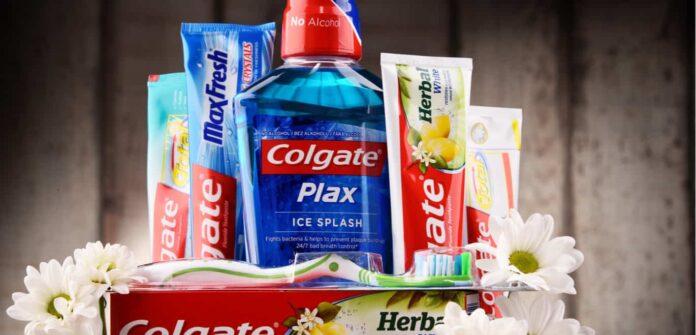After Colgate Palmolive India failed to respond to the issue of the product price differential between traditional and business-to-business distributors, FMCG distributors in Maharashtra have threatened the corporation with strict actions.
Beginning January 1st, distributors in Maharashtra have chosen to stop supplying Colgate Palmolive India (Colgate India) items.
Distributors will first stop collecting Colgate MaxFresh from the company and stop delivering it to merchants from January 1 onwards. After eight days, they will stop providing Colgate Vedshakti as well.
Mid-January onwards, the supply of Colgate toothbrushes will be stopped. From February 1 onwards, traditional distributors in Maharastra will stop supplying all Colgate products.
At a product launch event in Pune, the toothpaste giant told its traditional distributors in the state that the firm supplied its goods across all channels at the same price, according to a distributor. The distributors, on the other hand, disagree.
After their apex body sent two letters to FMCG companies, complaining about price disparities between traditional distributors and other organised business-to-business (B2B) distribution firms, both online and offline, that have entered the sector in recent years, distributors resorted to this action.
Traditional distributors provide merchants 8-12 per cent profits, compared to 15-20 per cent margins offered by big-box B2B stores and Internet distributors.
Distributors that work through the organised trade channel commit bigger quantities to FMCG businesses than those who work through the traditional channel, making it simpler for big-box B2B players to give higher margins to retailers. As a result, retailers have begun to pull inventory from the organised channel in greater numbers.
Colgate-Palmolive believes the solid bond it has built with distributors over the last eight decades is worthwhile.
To fix the issue, the 450,000 members group, the All India Consumer Products Distributors Federation (AICPDF), requested a meeting with FMCG companies. The AICPDF had previously advocated for a campaign of “non-cooperation” against FMCG companies.
B2B retailers are supplying FMCG products to retailers and local stores at lower rates than they offer, according to the letter, and this is “adversely damaging” their reputation and goodwill.
This move is similar to what the traditional distribution channel will do in Maharastra with Hindustan Unilever’s (HUL) goods.
Follow and connect with us on Facebook, LinkedIn&Twitter

